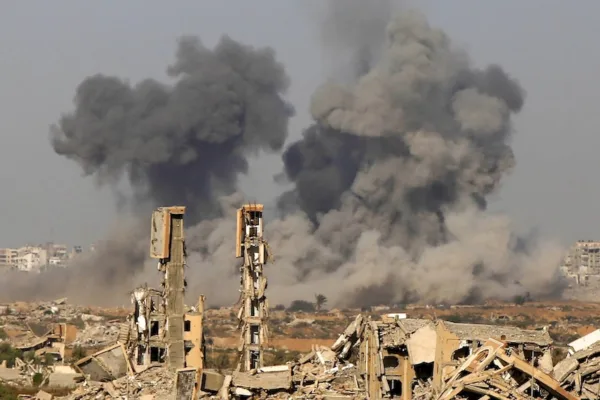Forgetting the suffering of Syrian refugees
Due to rapid changes in global politics and other forms of conjectural distractions, once again the international community has taken the plight of refugees off its main agenda. However, the plight of refugees continues in various ways, in particular, the dire situations of Syrians in different parts of the world trying to save their lives by leaving their homelands.
On the one hand, there are an increasing number of refugees, a significant portion of which consists of Syrians trying to find somewhere safe to live, who have been easy prey for human smugglers and illicit networks.
While his family was trying to flee to Europe, the death of Aylan Kurdi became a symbol of this tragedy more than a year ago. This had sparked interest in some countries for the dismal situations of Syrian refugees.
However this interest was short lived, as some European countries demonstrated an unwillingness to help ameliorate this situation. Although the media has not been covering the continuous tragedies taking place in the Aegean and Mediterranean seas with the same degree of intensity as it once did, it still takes place.
Secondly, in addition to the failure of the international community to commit to their promised assistance for the refugees outside of Syria, there is a lack of attention for Syrians unable to leave their country.
The plight of internally displaced Syrians has largely been neglected, partly due to the lack of opportunity to raise awareness of their situation and more importantly due to the international community not giving much importance to what is happening in Syria nowadays.
The problems of the millions of Syrians unable to reach a border country to save their lives and those who have been fleeing from city to city in the country trying to survive among the rubble is not even discussed in most meetings on Syrian refugees.
Despite the heroic attempts of some NGOs’ to reach and help these Internally Displaced Persons (IDP), it has not been sufficient to provide a humane livelihood. They are still under the threat of bombings by Bashar Assad, attacks by different terrorist groups and starvation.
Third, instead of helping Syrian refugees and providing assistance to the largest humanitarian tragedy since World War II, the political atmosphere in Europe has turned against refugees. Refugees whose lives were threatened in Syria now face a different problem in some European countries, such as rising far-right political parties and their determination to use anti-refugee rhetoric in their campaigns. Far-right parties consider Syrian refugees a threat to the safety, security and culture of their countries. Thus, this unfortunate group of people, facing threats to their lives, has begun to be considered a threat for some that vote for these parties.
This is a rather difficult situation for refugees coming from Syria. On the one hand, they have to find a way to stay alive under the threat of fire, airstrikes and starvation; while on the other hand, they must fight against prejudice and stereotypes in various countries.
In the meantime, a political solution for the problem in Syria, which will be the key to resolve the situation of Syrian refugees, seems nowhere near. Turkey has been leading efforts to help Syrian refugees since the beginning of this crisis in Syria; however, due to the political ramifications and economic requirements, the problem is a global one. It is not just about the lives of Syrian refugees or their resettlement, the problem is about basic humanitarian values and the responsibilities of the international community.
This article was first published in Daily Sabah on March 20, 2017.












